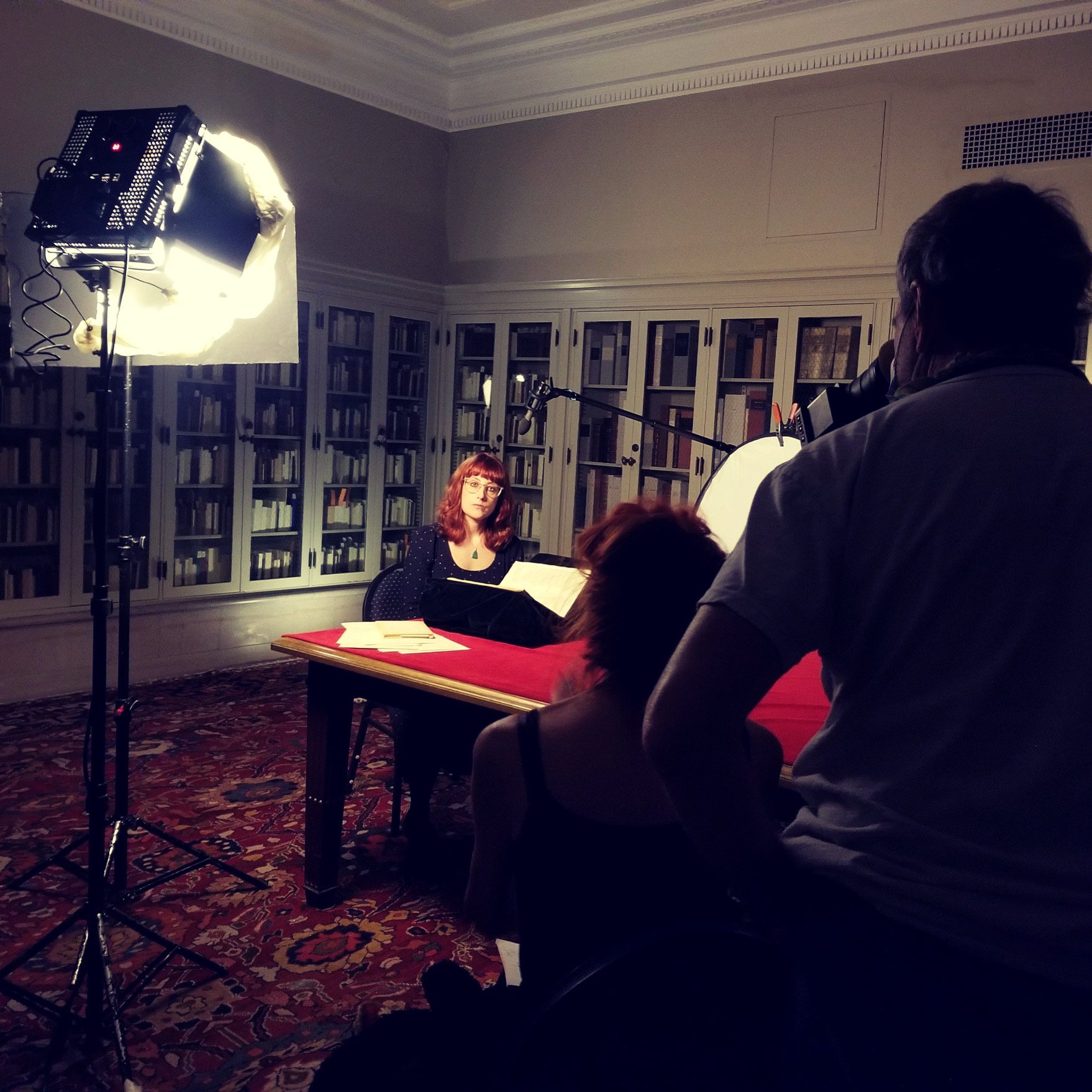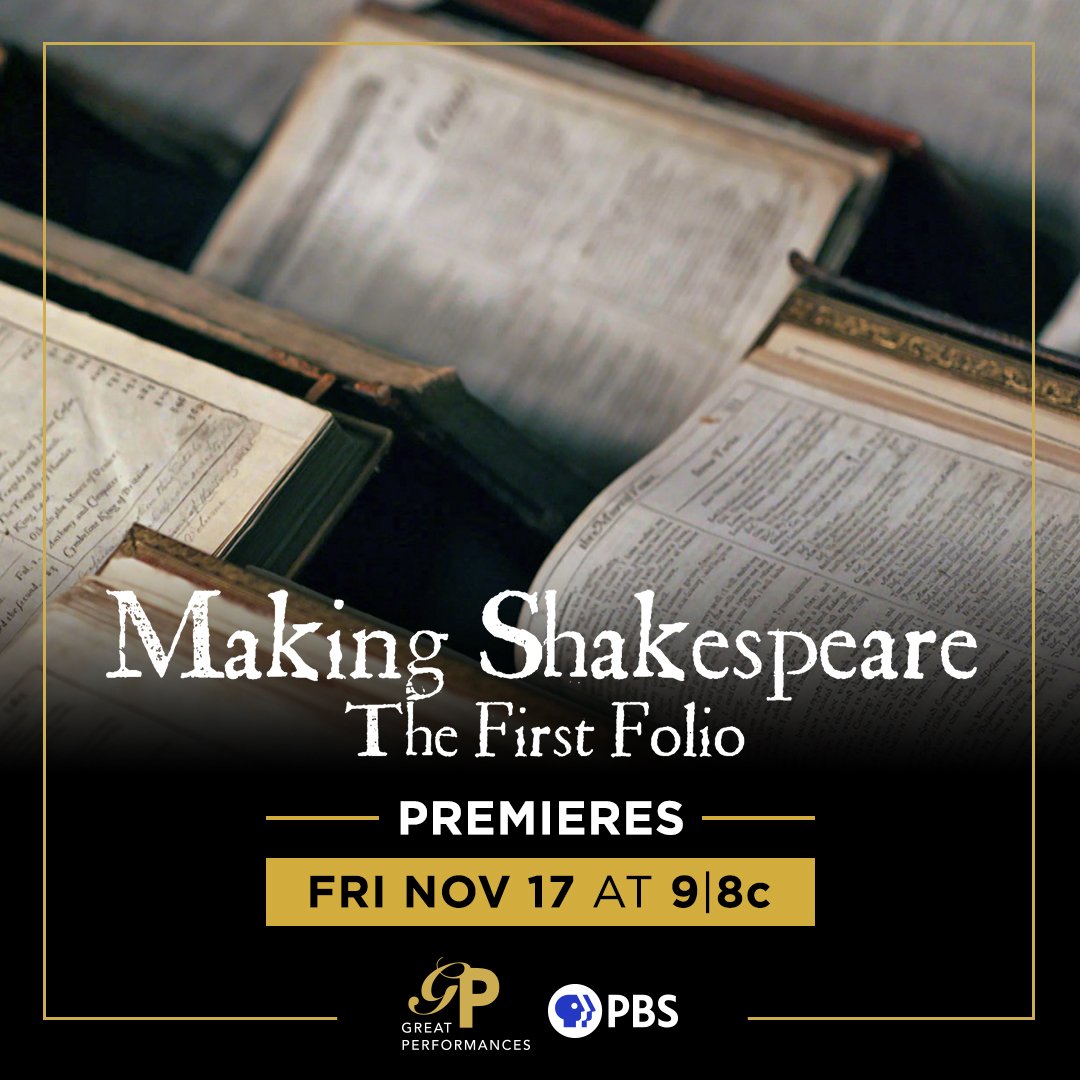The story of how we came to know that the copy of the Shakespeare First Folio now in the Rare Book Department at the Free Library of Philadelphia was once owned and annotated by John Milton, author of Paradise Lost, is featured in this new documentary to mark the quatercentenary of the First Folio’s publication. Jason Scott-Warren and I discuss the “discovery” from our respective sides of the Atlantic: he in Cambridge, where Milton was a student almost four hundred years ago, and me in Philadelphia, where his copy of Shakespeare now resides.
Read moreOUT NOW! The Case for John Milton as the Reader of the Free Library First Folio
Three and a half years ago, in September 2019, Jason Scott-Warren suggested that the handwriting in a copy of the Shakespeare First Folio in the Rare Book Department at the Free Library of Philadelphia might belong to John Milton. His claim was based on images of the marginalia published with an essay I had written about the 700+ handwritten inscriptions in the book and what they revealed about how one (then-anonymous) early reader engaged with the Shakespearean text. (The essay was published in Early Modern English Marginalia, edited by Katherine Acheson, for which Jason had also written a chapter.) My independent findings about the reader just so happened to match the Milton context well, both in terms of dating and modus operandi.
At long last, our article identifying Milton as the former owner and annotator of the Free Library First Folio—“‘thy unvalued Booke’: John Milton’s Copy of the Shakespeare First Folio”—has been published in Milton Quarterly (vol. 56).
Read moreVIDEO: Wing Foundation Lecture on the History of the Book (Newberry Library)
I was honored to deliver the Wing Foundation Lecture on the History of the Book at the Newberry Library on March 3, 2022. The event took place in person after two years of virtual events. I’m grateful to Jill Gage, Custodian of the John M. Wing Foundation on the History of Printing, for the invitation to speak about some new ideas around my next book project, “Accidental Shakespeare,” and to the staff at the Newberry for supporting this program.
Read more




